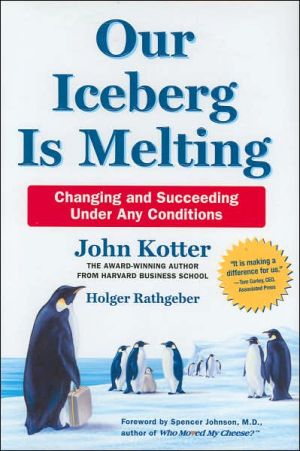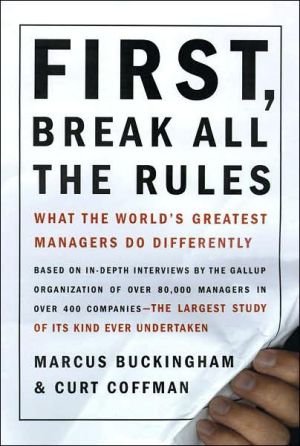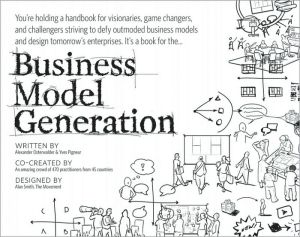Organizational Change 21st Cent V28, Vol. 4
Search in google:
Provides a synthesis of scholarly research literature on the process of organizational change at the institutional level. Kezar (education, U. of Maryland-College Park) presents a common language for organizational change; describes the literature; reviews the distinctive characteristics of colleges and universities; compares models of change presented in the literature; and offers a set of research-based principles for change. Annotation c. Book News, Inc., Portland, OR Booknews Provides a synthesis of scholarly research literature on the process of organizational change at the institutional level. Kezar (education, U. of Maryland-College Park) presents a common language for organizational change; describes the literature; reviews the distinctive characteristics of colleges and universities; compares models of change presented in the literature; and offers a set of research-based principles for change. Annotation c. Book News, Inc., Portland, OR (booknews.com)
Foreword.Acknowledgments.Understanding and Facilitating Organizational Change in the 21st Century: Recent Research and Conceptualizations.Distinctive Contribution.Focus of the Monograph.Audience.To Change or Not to Change?Providing a Common Language for Understanding Organizational Change.What Is Organizational Change?Diffusion, Institutionalization, Adaptation, Innovation, and Reform.Forces and Sources.Degree of Change.Timing of Change.Scale of Change.Focus of Change.Adaptive/Generative.Intentionality: Planned Versus Unplanned Change.Response Time: Proactive and Reactive.Active and Static.Target of Change: Change Process and Outcomes.Summary.Theories and Models of Organizational Change.Typology of Organizational Change Models.Evolutionary.Teleological.Life Cycle.Dialectical.Social Cognition.Cultural.Multiple Models.Summary.Appendix.Understanding the Nature of Higher Education Organizations: Key to Successful Organizational Change.Interdependent Organizations.Relatively Independent of Environment.Unique Organizational Cultures of the Academy.Institutional Status.Values-Driven: Complex and Contrasting.Multiple Power and Authority Structures.Loosely Coupled Structure.Organized Anarchical Decision Making.Professional and Administrative Values.Shared Governance System.Employee Commitment and Tenure.Goal Ambiguity.Image and Success.Summary.Higher Education Models of Change: Examination Through the Typology of Six Models.Evolutionary. Teleological.LifeCycle.Dialectical.Social Cognition.Cultural.Multiple Models.Summary.Research-Based Principles of Change.Promote Organizational Self-Discovery.Realize That the Culture of the Institution (and Institutional Type) Affects Change.Be Aware of Politics.Lay Groundwork.Focus on Adaptability.Facilitate Interaction to Develop New Mental Models and Sensemaking.Strive to Create Homeostasis and Balance External Forces with the Internal Environment.Combine Traditional Teleological Tools, Such As Establishing a Vision, Planning, or Strategy, With Social-Cognition, Symbolic, and Political Strategies.Realize That Change Is a Disorderly Process.Promote Shared Governance or Collective Decision Making.Articulate and Maintain Core Characteristics.Be Aware of Image.Connect the Change Process to Individual and Institutional Identity.Create a Culture of Risk and Help People to Change Belief Systems.Realize That Various Levels or Aspects of the Organization Will Need Different Change Models.Know That Strategies for Change Vary by Change Initiative.Consider Combining Models or Approaches, As Is Demonstrated Within the Multiple Models.Summary.Future Research on Organizational Change.References.Name Index.Subject Index.








